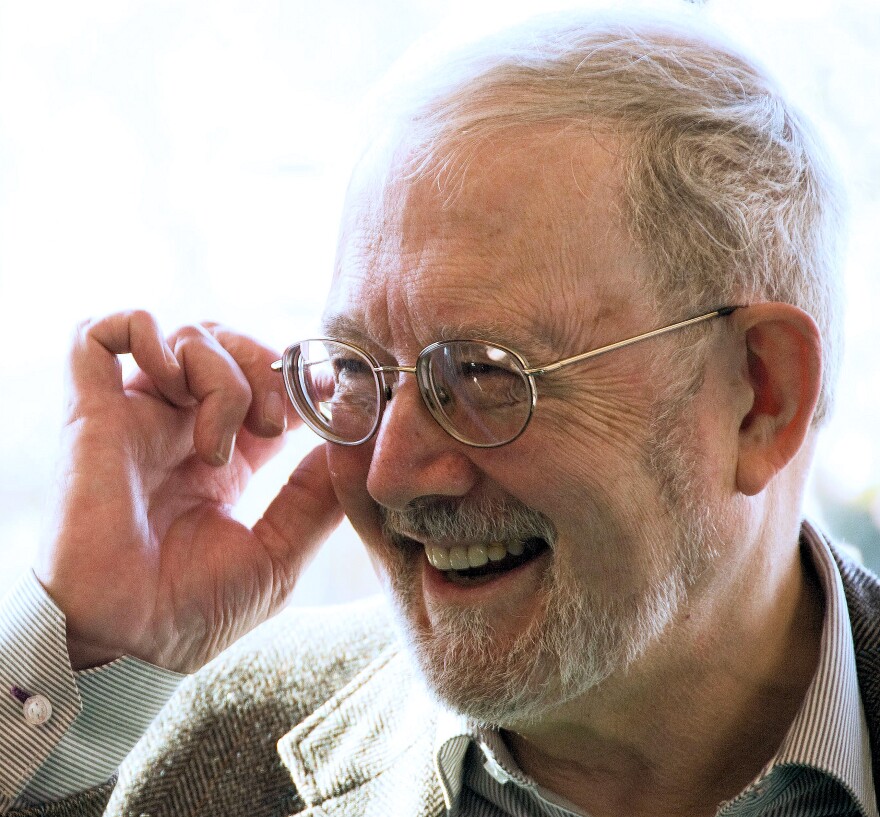After what seemed like a long time crawling around on the floor I learned to walk at the age of about fourteen months, and I've been walking ever since. I liked walking from the start. It is more dignified than crawling, and faster, and allows us to see more things. Some medical authorities have even suggested that walking may be good for our physical health, although we should probably reserve judgment on that.
There is much more reason to believe that walking is good for our mental health, although most of the evidence comes from the past when people used their feet much more than we do now. This may help to explain the astonishing creative and intellectual brilliance of certain characters in history. How did they achieve so much? It certainly wasn't good health care, or even good health. What their biographies show is that many of them walked a lot, not only from necessity but also from choice. Here's a short list to consider.
The peripatetic philosophers of ancient Greece who walked from city to city all over Asia minor, the poets of the Romantic Age like Wordsworth and Blake, the philosopher, Jean Jacques Rousseau, Henry David Thoreau who wrote a book about walking, Ralph Waldo Emerson, Charles Dickens who was reputed to walk twenty miles a day, Robert Louis Stevenson, Virginia Woolf, Vladimir Nabokov, the composers Brahms, Beethoven, Tchaikovsky, and Dvorak – the list could be extended almost indefinitely. They were all great walkers.
Walking is deeply is deeply unfashionable these days. It's not unusual to see apparently fit people maneuvering aggressively for the parking spot closest to the supermarket door as if their lives depended in saving half a dozen steps.
But deliberate walking for exercise has not yet died out and the habit may even be on the increase as health-conscious baby boomers reach an age when they have to give up jogging. Some people like to walk in the suburbs where they can study the three varieties of suburban architecture and enjoy the thrill of danger that comes from having no sidewalks. Some prefer to walk in the city so they can get their minimum daily dose of air pollutants and carbon monoxide. Some prefer the torture machine called a treadmill, so they don't have to go anywhere. For myself I prefer the country, or any place where no buildings are visible in any direction. Human habitations distract the mind, in a way that nature does not.
Distraction can ruin a good walk. That's why it's important to walk alone sometimes, because the whole walking experience is about being with yourself and paying attention to the world around you. The very ground under your feet becomes part of the experience, if only you pay attention, quietly. You can't talk and think at the same time, which is why cellphones are so popular and why so many walkers come in pairs, talking every inch of the way.
The mechanical business of walking and the freedom of being outdoors, taken together, seem to expand the mind. There's no competition, no speed, no hurry, no rules, no disturbance. What could be more conducive to creative thinking? And there's the secret, I'm sure, of our astonishingly creative ancestors. They walked a great deal, and therefore thought a great deal. The philosopher Nietzsche wrote: "Do not believe any idea that was not born in the open air, and of free movement." But enlightenment is not guaranteed. You can take a long peaceful ramble in the country and come back with your head as empty as before. It happens to me all the time. But, then, at least I had a nice walk.
Copyright: David Bouchier


